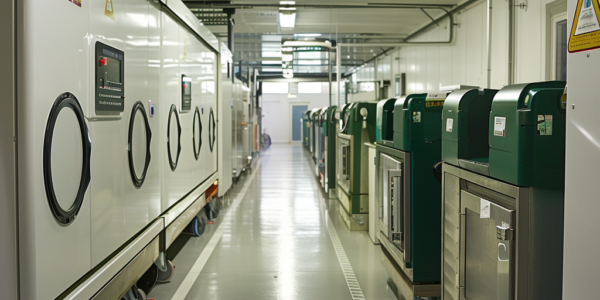Boeing to Introduce Flying Cars in Asia by 2030
Boeing is set to revolutionize transportation in Asia by introducing flying cars by 2030. The company’s subsidiary, Wisk Aero, is spearheading the concept of electric vertical take-off and landing craft to address the need for efficient short-distance travel in congested urban areas. Boeing’s strategic move aligns with the trend towards innovative mobility solutions, offering a blend of speed, efficiency, and sustainability in bustling Asian cities.
Western Australia’s Greenhouse Gas Emissions Surge Raises Doubts on Australia’s Net Zero Targets
Western Australia’s greenhouse gas emissions are projected to rise significantly, posing challenges for Australia’s net zero targets. The state’s carbon emissions are expected to exceed 2005 levels by 20% in 2024, with little progress in decarbonizing the main power grid. The delay in setting a 2030 target and overcoming key barriers to emissions reduction further complicates the situation, leaving other states to make larger cuts to compensate for Western Australia’s shortfall.
The Evolving Landscape of Medical Waste Management Market
Explore the competitive environment, future growth prospects, opportunities, drivers, restraints, and key market players in the rapidly evolving landscape of the Medical Waste Management Market. Major players like Stericycle, Waste Management, Inc., and Clean Harbors, Inc., dominate the market with their comprehensive waste management solutions. The market is primarily driven by the increasing volume of medical waste generated globally, strict regulatory guidelines for waste disposal, and the growing awareness among healthcare organizations regarding the environmental impact of improper waste management. Despite promising growth, the medical waste management market faces challenges such as high initial setup costs for advanced disposal technologies, stringent regulatory compliance requirements, and the potential risk of infectious waste. The future of the medical waste management market appears promising, driven by the increasing healthcare infrastructure, advancements in waste treatment technologies, and the growing emphasis on environmental sustainability.



